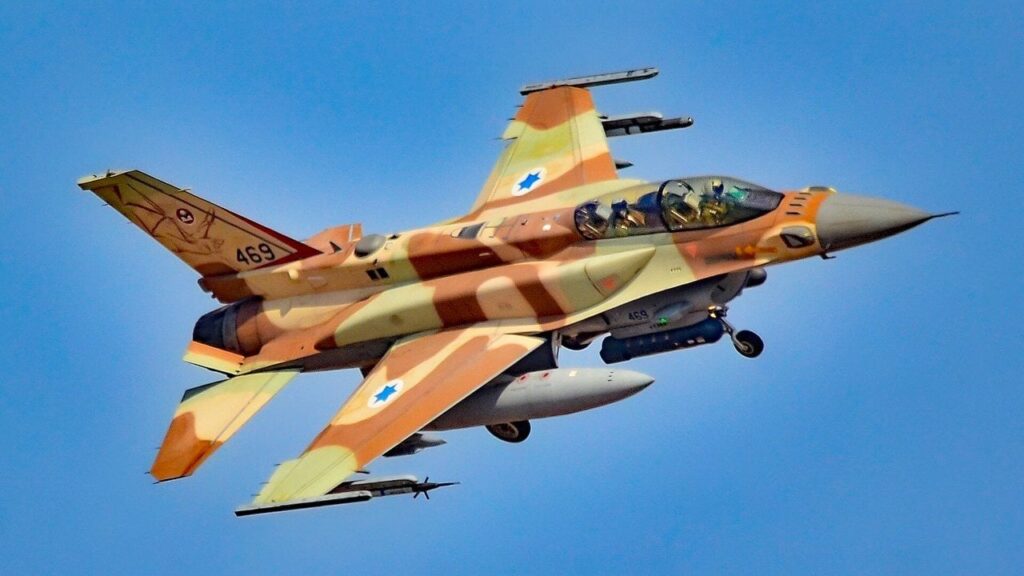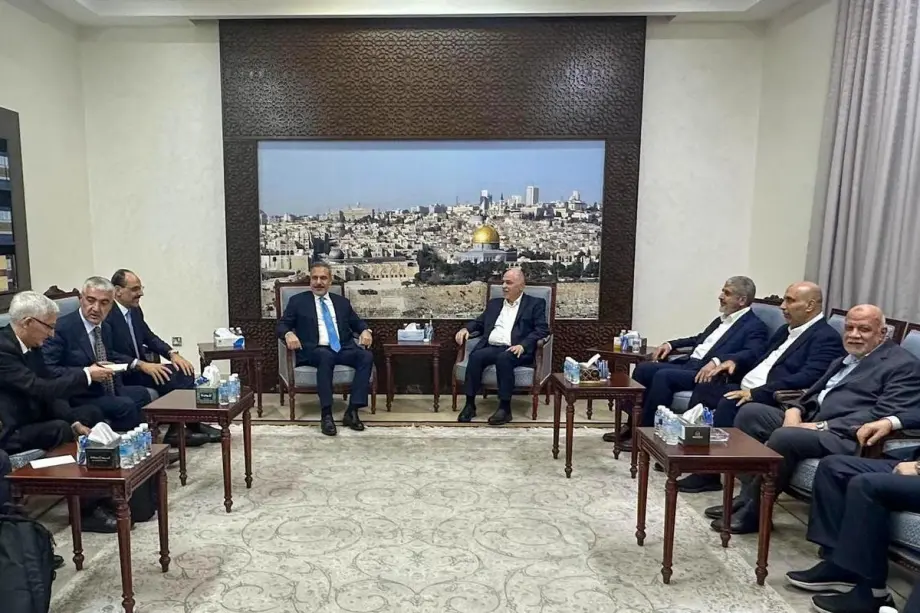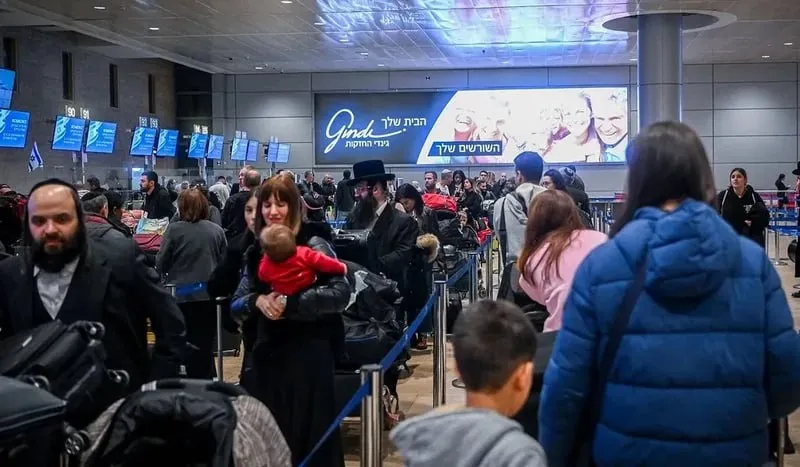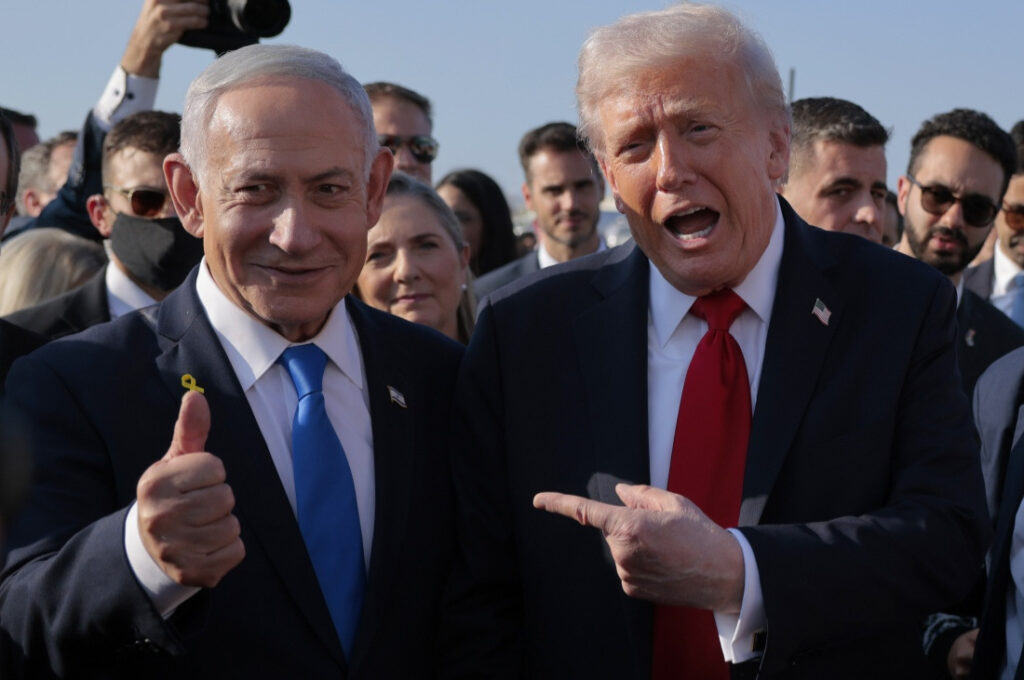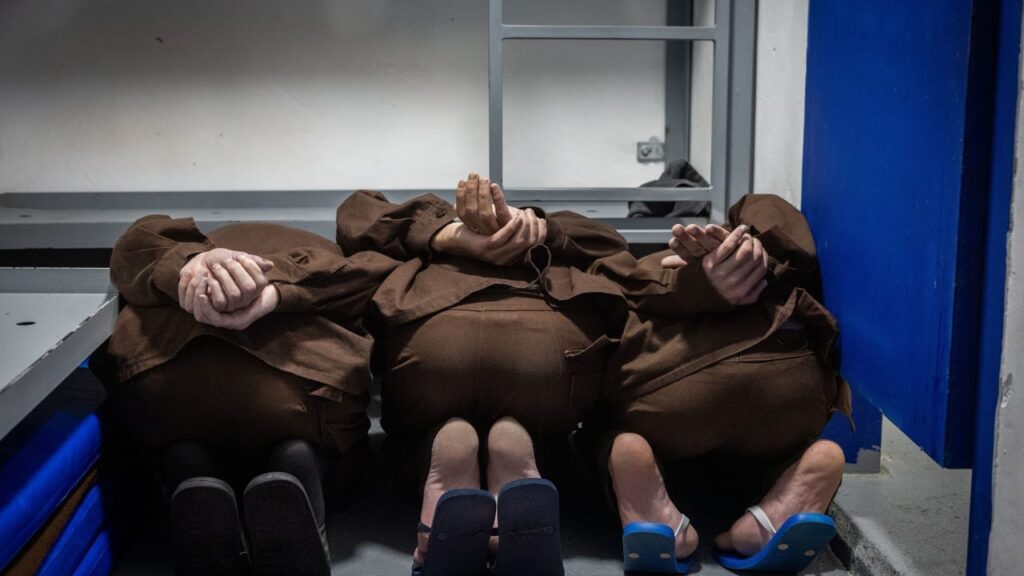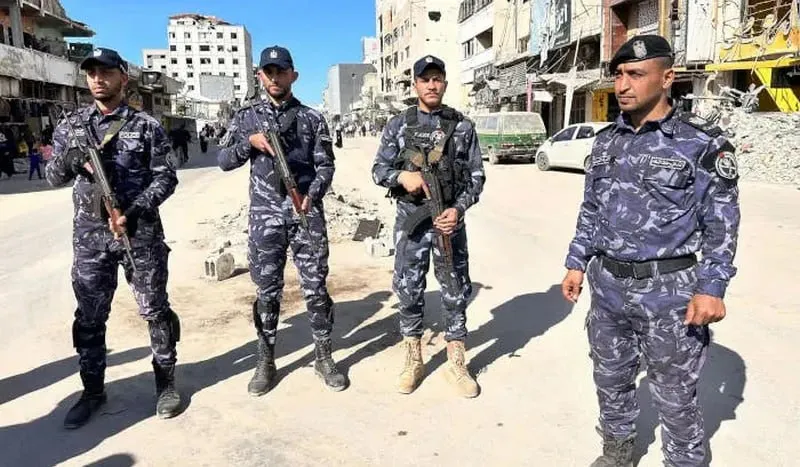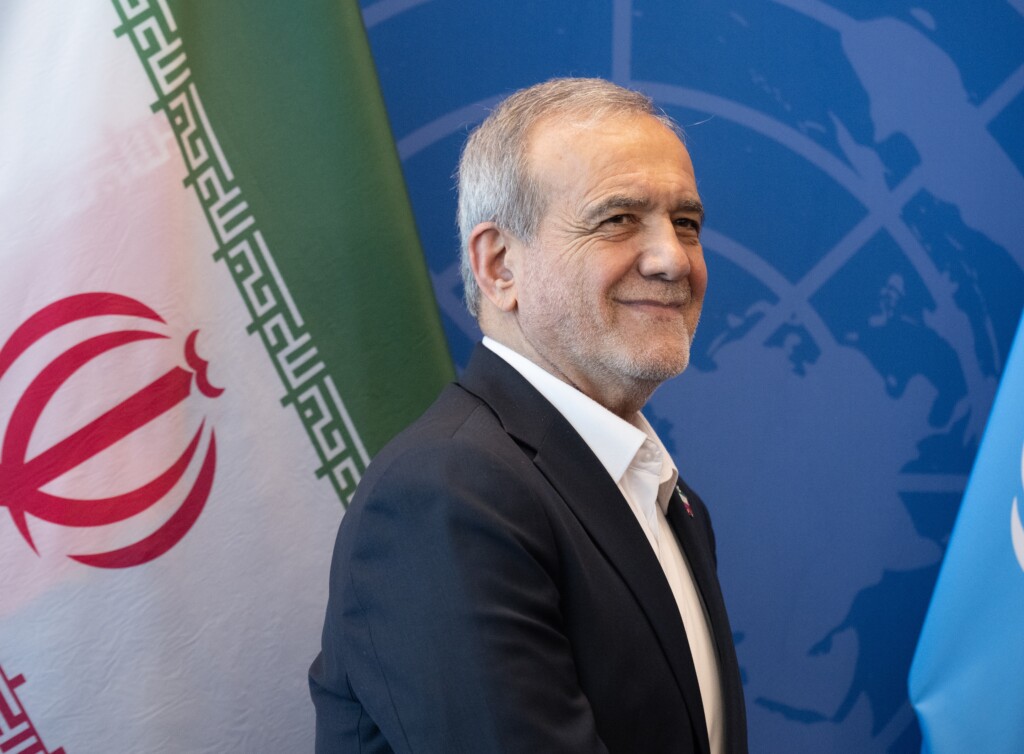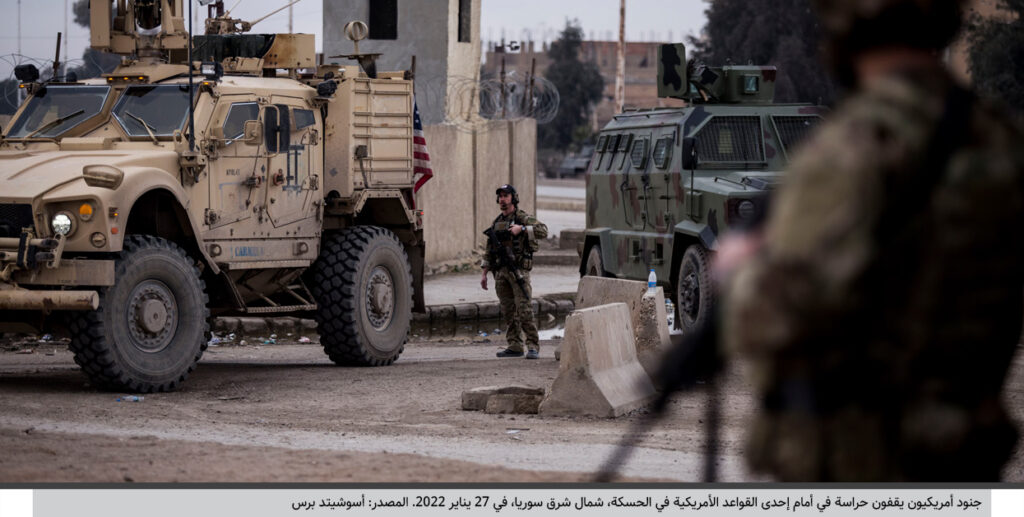Five Things to Know About Palestinian Islamic Jihad and Escalation in Gaza

After several days of terror alerts, Israel announced that it launched Operation Breaking Dawn on Aug. 5 as part of an effort to reduce threats posed by the Iranian-armed and funded Palestinian Islamic Jihad terror group in the Gaza Strip, which had been planning a significant terror attack against the Jewish state.
Several Palestinian Islamic Jihad targets in the northern Gaza Strip were struck. Among the terrorists killed in the strike were Taysir al-Jabari, a top Palestinian Islamic Jihad commander who was in charge of the group’s rocket arsenal and primary coordinator with Hamas.

